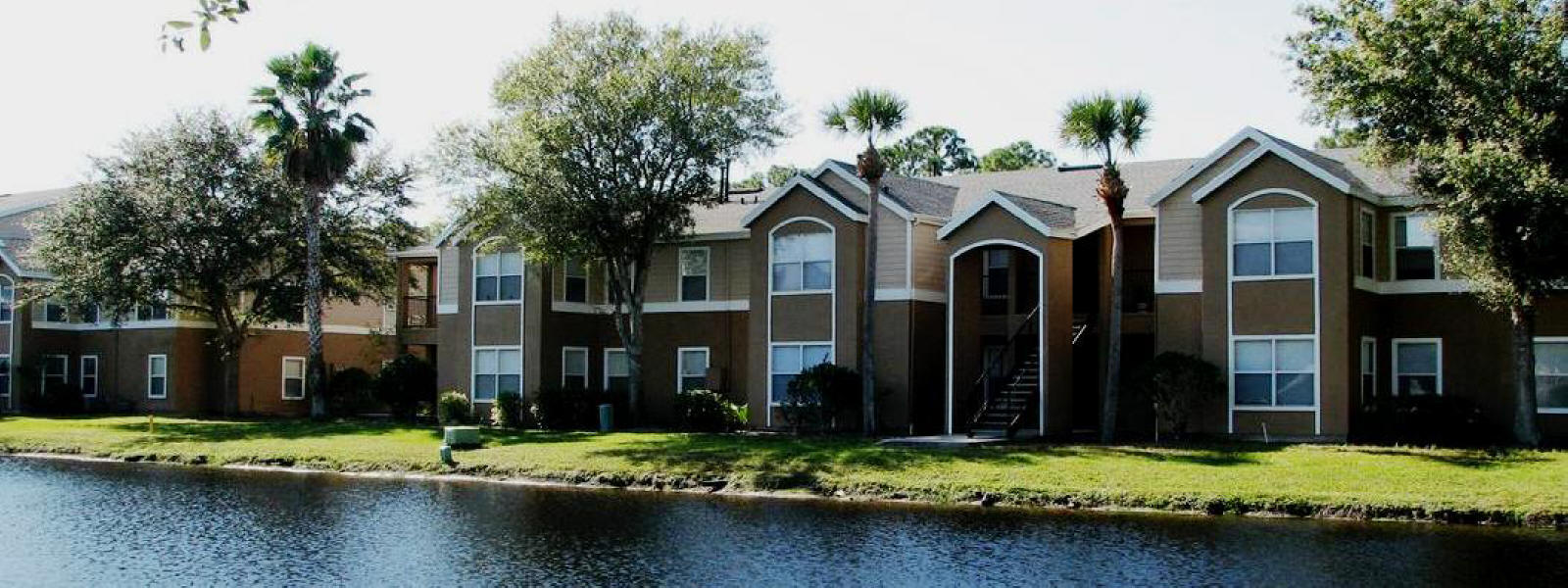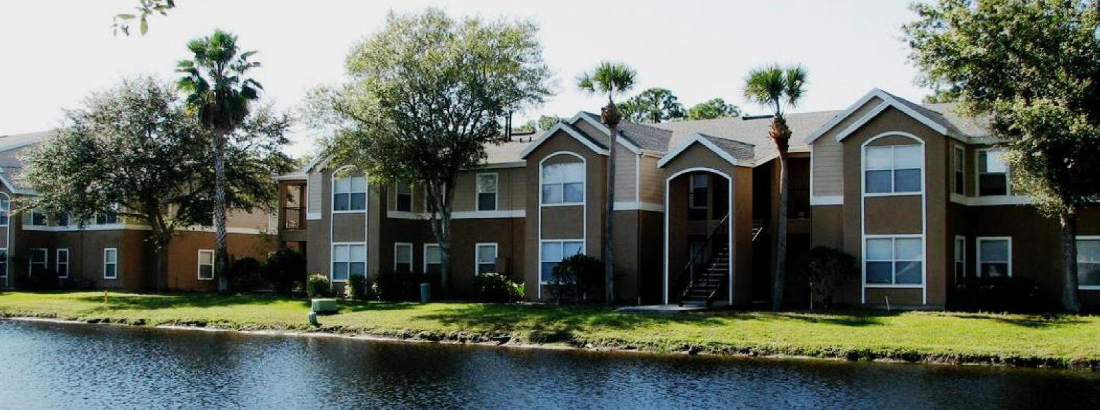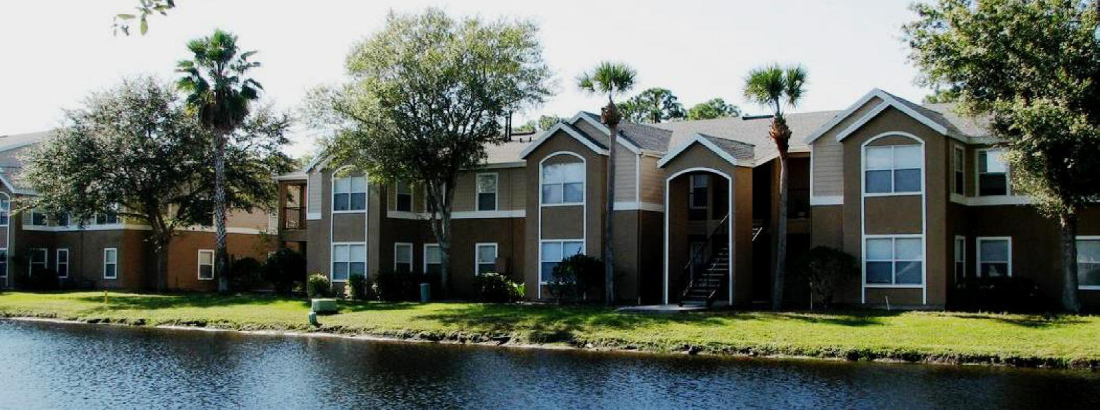Pitfalls to Sidestep: Key Mistakes to Avoid in Commercial Real Estate Investment
06 Feb, 2024 | Posted By - Admin
Introduction:
Commercial real estate (CRE) investment can be a lucrative venture, offering substantial returns for those who navigate it wisely. However, the path to success in this dynamic field is riddled with potential pitfalls. To safeguard your investment and maximize profitability, it's crucial to be aware of common mistakes that many investors make. In this blog, we'll explore some key things to avoid during commercial real estate investment.
1. Lack of Research:
One of the gravest errors an investor can make is diving into commercial real estate without conducting thorough research. Failing to analyze market trends, property values, and potential risks can lead to poor decision-making. Before committing to any investment, take the time to understand the local market, economic indicators, and the specific nuances of the property type you are considering.
2. Ignoring Due Diligence:
Due diligence is the process of investigating and verifying the information provided by sellers. Skipping or insufficiently performing due diligence can result in hidden problems surfacing after the purchase. Issues like environmental concerns, zoning restrictions, or hidden liabilities can significantly impact the property's value and your return on investment.
3. Overlooking Location:
In commercial real estate, location is often the single most critical factor influencing property value. Choosing a property in a declining or less desirable area can lead to long vacancies and difficulty attracting quality tenants. Conversely, investing in a prime location can enhance the property's value and ensure a steady stream of tenants.
4. Underestimating Operating Expenses:
Investors may be enticed by a property's potential returns without adequately considering the associated operating expenses. Overlooking costs like maintenance, property management, insurance, and property taxes can eat into your profits and make an initially promising investment less lucrative.
5. Neglecting Tenant Quality:
The success of a commercial property is closely tied to the quality of its tenants. Overlooking the financial stability and credibility of potential tenants can lead to issues such as late payments, vacancies, and increased turnover. Thoroughly vetting tenants before leasing can help mitigate these risks.
6. Ignoring Market Trends:
Commercial real estate markets are subject to fluctuating trends, influenced by economic conditions, industry changes, and societal shifts. Failing to stay informed about these trends can result in poor timing for buying or selling. Regularly monitoring market conditions allows you to make strategic decisions that align with current trends.
7. Overleveraging:
While financing is a common strategy in commercial real estate, overleveraging—borrowing too much relative to the property's value—can be dangerous. Economic downturns or unexpected market changes can make it challenging to meet mortgage obligations, leading to financial strain and potential loss of the property.
Conclusion:
Successful commercial real estate investment demands careful planning, extensive research, and a keen understanding of market dynamics. By avoiding these common pitfalls, investors can enhance their chances of building a resilient and profitable commercial real estate portfolio. Remember, patience and due diligence are key when navigating the complexities of the commercial real estate landscape.








